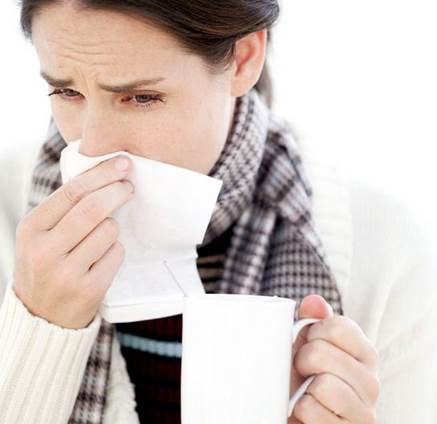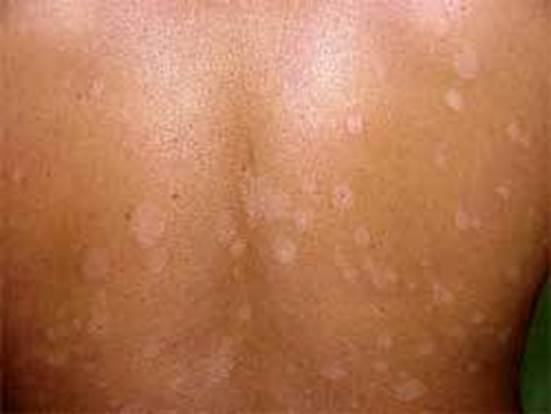Coughs, colds and flu
Viruses mostly cause upper respiratory tract infections but
bacterial infection can occur, resulting in illnesses such as sinusitis and
pneumonia.

Coughs, colds and
flu
What you can do
Be familiar with signs and symptoms so you can take
appropriate action.
·
A runny or a blocked nose, sore throat and cough would suggest a
cold. If accompanied by a temperature, muscle aches and pains, it may be the
flu.
·
A cough producing green-yellow sputum is likely to be bronchitis
or a bacterial infection.
Regular hand-washing and/or using
a hand sanitizer may significantly reduce the transmission of colds and flu.
Talk to your doctor about including medications to relieve
respiratory tract infections (decongestants, antihistamines) and a
broad-spectrum antibiotic in your kit.
While most respiratory tract infections will subside on
their own, seek medical advice if any of the following develop.
·
A temperature over 40˚C
·
Copious green or yellow sputum
·
Severe sore throat and swollen glands
·
Prolonged illness for more than seven days. If you suspect flu,
seek medical advice.
Bites and stings
Aside from transmitting serious disease, insect bites and
stings can be painful and annoying and can lead to skin infections.
·
If you are bitten, avoid scratching and apply hydrocortisone
cream or calamine lotion.
·
A sting-relief spray will ease symptoms and ice packs will reduce
pain and swelling.
·
If a bee stings you and it leaves a stinger behind, remove the
stinger with tweezers or scrape it off.
·
If you find a tick, remove it as soon as you can. Use fine-point
tweezers to grab hold of the tick as close to the skin as possible. Gently pull
the tick straight out (without twisting) with steady pressure, being careful to
remove it all.
·
Leeches may be present in damp rainforest conditions and attach
themselves to your skin to suck your blood. Do not pull a leech off your skin
as the bite is more likely to become infected. Salt, saltwater or vinegar will
cause an actively sucking leech to fall off.
·
Once a tick or leech has been removed, clean the area with
antiseptic or wash with soap and water. If the area is very swollen, very red
or you notice breathing difficulties, this could indicate an allergic reaction.
Seek urgent attention.
·
Rabies is a deadly animal disease caused by a virus. It can
happen in wild animals or in dogs, cats or farm animals. People get it from the
bite of an infected animal.
If you are travelling to a country
where rabies is common and you will be there for a long time, ask your doctor
about the rabies vaccine. If an animal bites you, wash the wound with soap and
water and seek medical attention immediately.

Regular hand-washing
and/or using a hand sanitizer may significantly reduce the transmission of
colds and flu.
Fungal skin infections
Fungal infections occur more commonly in hot weather. These
infections usually occur between the toes (athlete’s foot), around the groin
area and on the body (ringworm).

Fungal infections
occur more commonly in hot weather.
Moisture encourages fungal skin infections, which means you
are more likely to pick one up if you don’t dry your skin properly after
bathing or you are sweating a lot.
What you can do
To prevent fungal skin infections:
·
Wash frequently and dry your skin carefully after bathing.
·
Wear loose-fitting comfortable clothing.
·
Choose socks and underwear that allow your skin to breathe.
·
Wash clothes and underwear, bed linen and towels frequently and
dry well.
·
Prevent athlete’s foot by alternating shoes every few days so
they have time to dry out.
·
Wear thongs in communal change rooms and showers, and around
swimming pools. If you do get a fungal skin infection, keep the affected area
clean and dry. Apply an antifungal cream or powder, following the directions on
the pack.